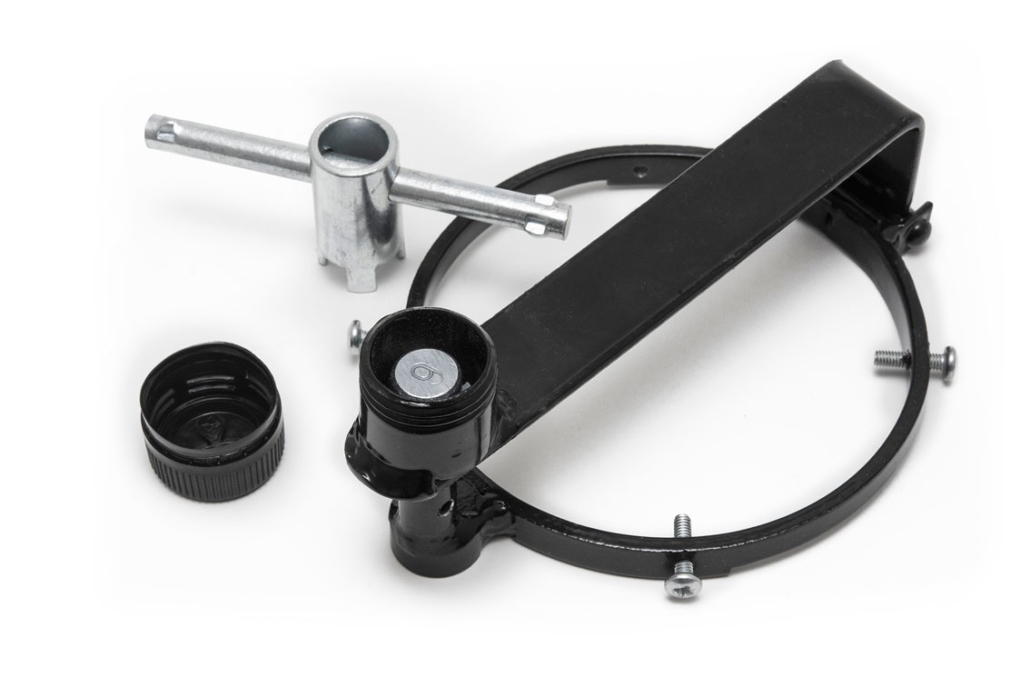Sustaining the environmental sustainability and financial savings of a car depend on maintaining its fuel economy. A crucial factor that greatly impacts fuel economy is the fluid levels and condition of the vehicle. In order to guarantee that fluids necessary for vehicle operation are kept at ideal levels and in excellent condition, professional fluid inspections are essential. Car owners may improve their driving experience by being proactive and knowing the connection between fuel economy and fluid maintenance.
The Value of Adjustable Levels
Fluid levels are essential to a car’s general operation. This covers the fluids found in engines, transmissions, coolants, power steering, and brakes. Every one of these fluids serves a particular purpose that directly improves the vehicle’s operating efficiency. Low engine oil levels, for example, may cause more friction between moving components, which lowers performance and increases fuel consumption. For seamless operation and peak engine performance, a professional fluid check makes that all necessary fluids are at the correct levels.
Superiority Counts
Maintaining the proper quantities of fluids is crucial, but their quality also significantly affects fuel economy. Fluids’ capacity to lubricate or cool different engine components may be hampered over time by contamination from dirt, sludge, and other particles. Old engine oil, for example, may lose its viscosity and become less efficient in reducing friction. An expert provider can evaluate deteriorated fluids and swap them out for superior substitutes, guaranteeing that every system operates at peak efficiency. This focus on fluid quality reduces engine strain and encourages smoother running, which improves fuel economy.
Fuel Efficiency and Engine Performance
Fuel efficiency and engine performance are directly correlated. An engine that receives regular maintenance from the Auto Repair in North Kingstown, RI and runs at peak efficiency uses gasoline more effectively than one that does not. Frequent expert fluid checks aid in the early detection of any problems that might affect engine performance, such as leaks or fluid deterioration. Owners of vehicles may prevent more serious problems that result in wasteful fuel use by taking quick action to resolve these concerns. Smooth operation and careful tuning of an engine results in increased power output, greater acceleration, and eventually better fuel efficiency.
Impact on Additional Vehicle Systems
All of the systems in a car are linked together, so performing fluid changes may also have a good impact on other important systems like the brakes and air conditioning. For example, low power steering fluid might cause harsh steering, which demands more fuel and more effort from the engine. In a similar vein, maintaining the proper quantity of coolant aids in maintaining the ideal engine temperature, avoiding overheating and encouraging effective fuel use. Expert fluid inspections take care of these connected systems, supporting an all-encompassing approach to increase fuel economy.











Comments